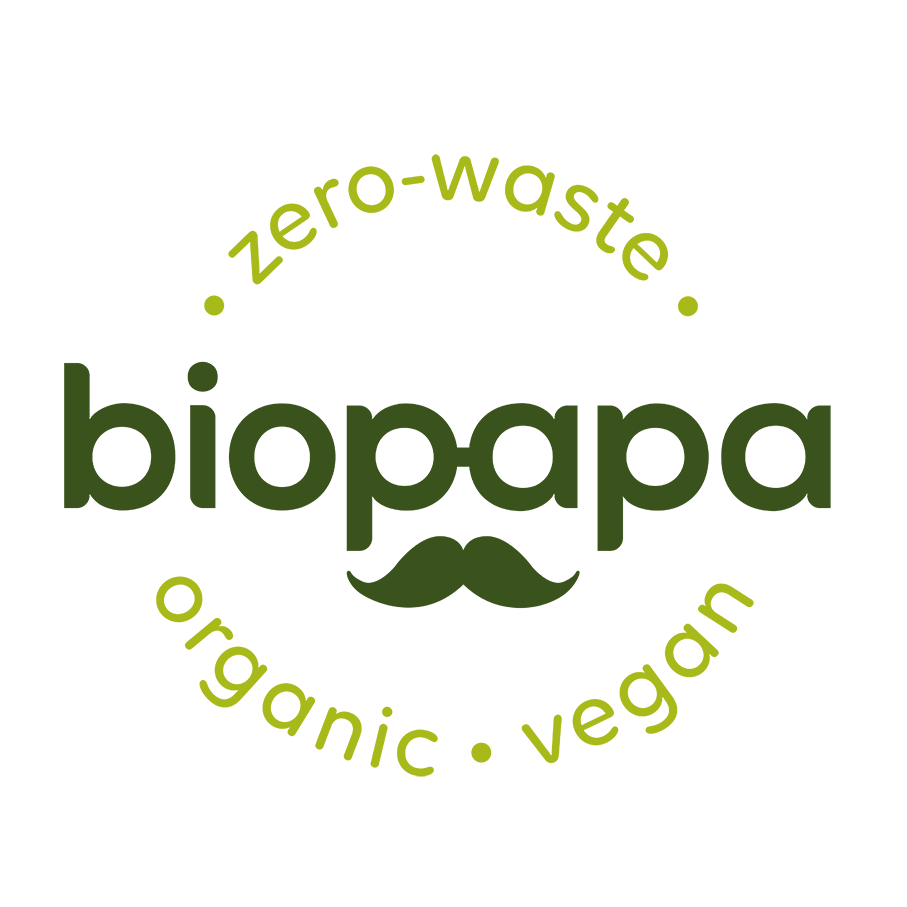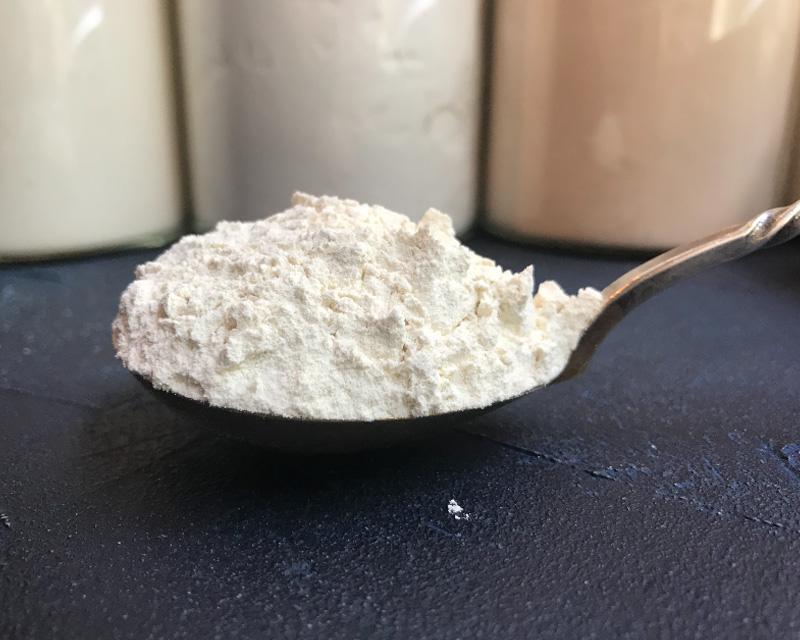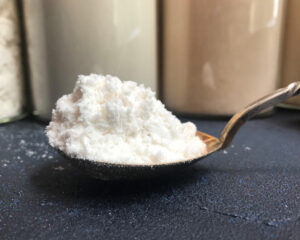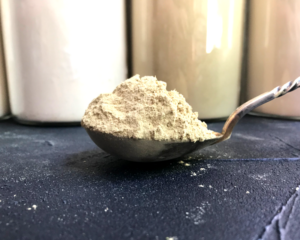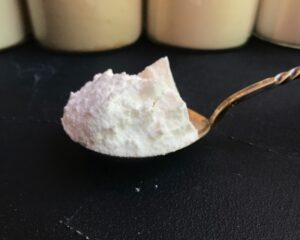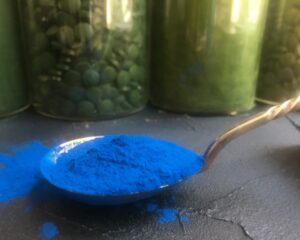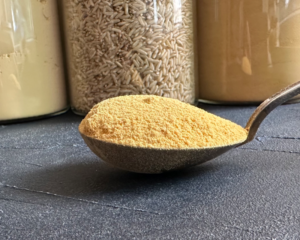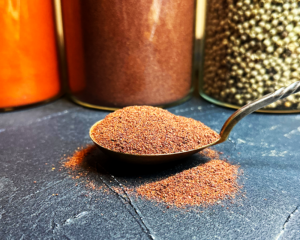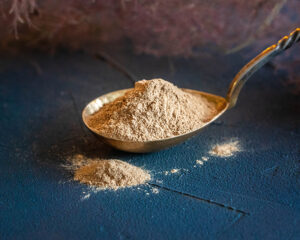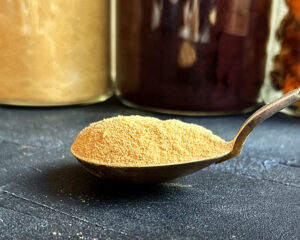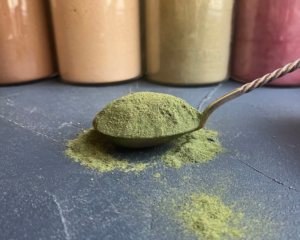Organic quinoa flour
Quinoa (Chenopodium quinoa) is a hardy plant native to the Andean highlands of South America, such as Peru, Bolivia and Ecuador. Called ‘mother crops’ by the Incas, quinoa have been cultivated for over 5000 years. Today it is considered a ‘superfood’ all over the world.
Traditional use of quinoa: quinoa was an important source of food, providing essential nutrients and energy for people living in the mountains. Because of its high protein content and good adaptability, it is often considered superior to other cereals. The cinema had a spiritual significance and was used by the locals for various religious ceremonies. Quinoa are sometimes used in traditional medicine to treat ailments such as stomach and skin diseases. Recently, quinoa has become popular all over the world, and its flour is no exception.
Gluten-free alternative – the flour is naturally gluten-free, making it a safe choice for those with coeliac disease or gluten sensitivity.
Digestibility – Quinoa flour is thought to be easier to digest than some other gluten-free flours, making it an excellent choice for people with sensitive digestive systems.
Nutrients:
1. Protein – is a complete protein source, which means it contains all nine essential amino acids. In particular, kinoas are high in lysine, an amino acid often scarce in other plant foods.
2. Fibre – is a good source of fibre, which supports digestion and helps regulate blood sugar.
3. Magnesium – This mineral is essential for many body functions, including muscle and nerve function, blood sugar regulation and bone health.
4. Manganese – plays a role in bone formation, blood clotting and metabolic processes.
5. Phosphorus – vital for the formation and maintenance of healthy bones and teeth and for energy production.
6. Iron – Quinoa contains iron, which is less easily absorbed than iron from animal sources, but is still an essential mineral for carrying oxygen in the blood.
7. Folate (vitamin B9) – essential for DNA synthesis, red blood cell formation and proper fetal development during pregnancy.
8. Riboflavin (vitamin B2) – involved in energy metabolism and helps maintain healthy skin, eye and nerve function.
9. Vitamin B6 – is necessary for brain development and function, as well as for the production of neurotransmitters and red blood cells.
10. Vitamin E – This antioxidant vitamin helps protect cells from free radical damage and supports immune function.
11. Thiamine (vitamin B1) – essential for converting food into energy and maintaining proper nerve function.
12. Vitamin B3 (niacin) – plays a role in DNA repair and cell metabolism.
13. Zinc – involved in immune function and wound healing.
14. Copper – essential for healthy bones and nerves, as well as collagen and red blood cell formation.
15. Potassium – helps regulate blood pressure, fluid balance and muscle and nerve function.
16. Selenium – Acts as an antioxidant that helps protect cells from oxidative damage.
Attention! Saponins – quinoa seeds naturally contain bitter-tasting saponins, which can be removed by washing before cooking. Oxalates – Quinoa contains oxalates, which, if consumed frequently, may contribute to the formation of kidney stones in susceptible individuals.
Use: Baking – replace wheat flour with quinoa flour in baking recipes. It is gluten-free, adds a nutty flavour and increases the nutritional value of baked goods. Use quinoa flour to make pizza, bread, pancakes or pasta dough. Thickener – quinoa flour can be used as a gluten-free thickener in soups and sauces. Smoothies – add a spoonful of quinoa flour to your smoothie to add nutrients. Baby food – quinoa flour can be used in baby food at home to give babies more nutrients.
Sources: www.healthline.com, www.medicalnewstoday.com
NB! The information provided here should not be interpreted as a recommendation for treatment or other types of health problems. We recommend that you make personal health decisions after evaluating different sources of information.
